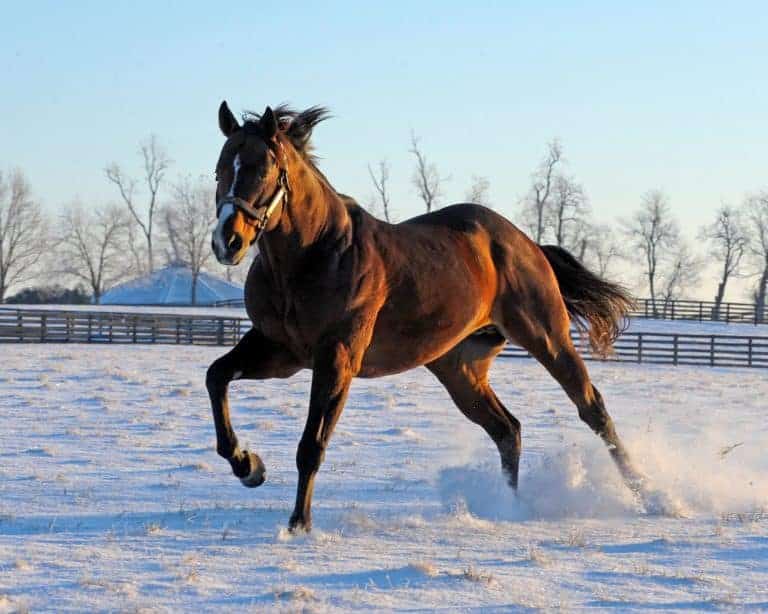Methicillin-Resistant Staph Bacteria Passed From Humans to Horses
“What do animal diseases have to do with people?” posed Scott Weese, DVM, DVSc, Dipl. ACVIM, an associate professor at the University of Guelph’s Ontario Veterinary College. “We are just one big global population with subsets,” he answered. Wees












